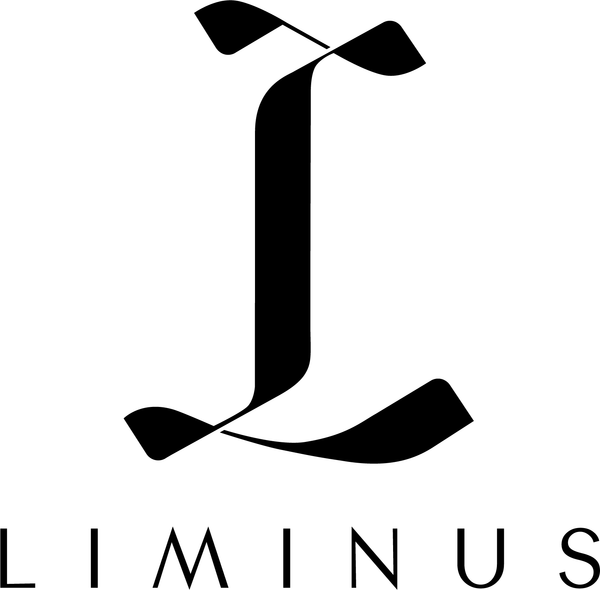Frequently asked questions
What's the difference between natural perfume and synthetic?
- The vast majority of perfumes sold are a mix of natural and synthetic materials. Well known, luxury commercial fragrances are often 95% aroma chemicals with a small percentage of naturals. Many niche and artisan fragrance houses use up to 50/50 naturals and synthetics. Some, like Liminus, are 100% natural. We use botanical materials including essential oils, absolutes and tincture to formulate our Tasmanian perfumes.
Is natural perfume better?
- Well, like many things, the answer is not simple. There are so many different factors to consider and personal choice plays its part. Using synthetic materials allows a perfumer to produce effects that cannot be achieved with naturals alone. Synthetics are usually much cheaper and don't vary in composition depending on season and place.
- On the other hand, natural materials are more complex and can express a sense of place or terroir that a synthetic cannot. Some essential oils are known to have a therapeutic effect on the body and mind.
- Humans tend to be drawn to natural products and Liminus chooses botanical perfumery materials with the intention of supporting personal connections to nature.
- Disadvantages are they can be difficult to standardise, also natural fragrances tend not to last as long on skin as their synthetic counterparts. Natural scents often stay much closer on the body and are not as loud and diffusive as a scent with synthetics. I personally love this more subtle experience.
If someone describes perfume, scent or fragrance are they different things?
- Nope! They are all interchangeable words to describe the wonderful world of smell, and the scents we can apply. The word perfume comes from the Latin ‘per fumum’ which means through smoke. It originates from times when scented smoke from wood and resin were used in ritual.
Why do I love some perfumes and not others?
- We all have smell preferences, our response is based partly on our personalities and partly on life experiences. A note of jasmine, could be wonderfully to you - reminding you of a favourite holiday... It may be repellant to someone else if it reminds them of a jasmine growing outside a window while they were very ill.
- We all have ‘olfactory memories’, which are unique to us: our life’s experiences locked away in our scent memory.
How many perfumes should I try at a time?
- Two is a good number – one on each wrist. You may want to record which scent is on which wrist, it's surprising how hard it can be to remember a few hours later...
- If you can, try the perfume in different ways - cold days vs warm, on skin and on clothing, in different moods or settings. In the same way that some hats, coats or shoes suit different occasions, perfumes are worth playing with and trying more than once.
Can I tell how a perfume will smell on me from a scent strip?
- It's a good indicator - but skin is always best. Paper blotters, or scent strips are a good way to tell if you like a perfume’s initial impression. If you’re buying for yourself it's ideal to see how the notes unfolds on you as the perfume interacts with your body chemistry.
What is the difference between Extrait, Parfum, Eau de parfum, Eau de toilette, Aftershave and Cologne?
- These descriptions are a guide to the concentration of a fragrance. They aren't fixed rules, but they are conventions generally followed by brands in labelling perfume.
- Extrait de parfum – 20-30%
- Parfum – 15-25 %
- Eau de parfum (EDP) – 8-15%
- Eau de toilette (EDT) – 5-8%
- Cologne (EDC) – 3-5%
- Aftershave/ Eau fraiche – 1-3%
Can my perfume expire?
- It can. Lifespan varies with formula and storage conditions, typically 3-5 years is OK. Exposure to light, heat, and air can accelerate the degradation of perfume, leading to oxidation or evaporation causing changes in scent and colour.
- Best practice is to keep your perfume in a cool, dry and dark place away from direct sunlit and at a consistent temperature.
If you'd like to know a little more about perfumery, read our glossary, come to a workshop or send a question.
